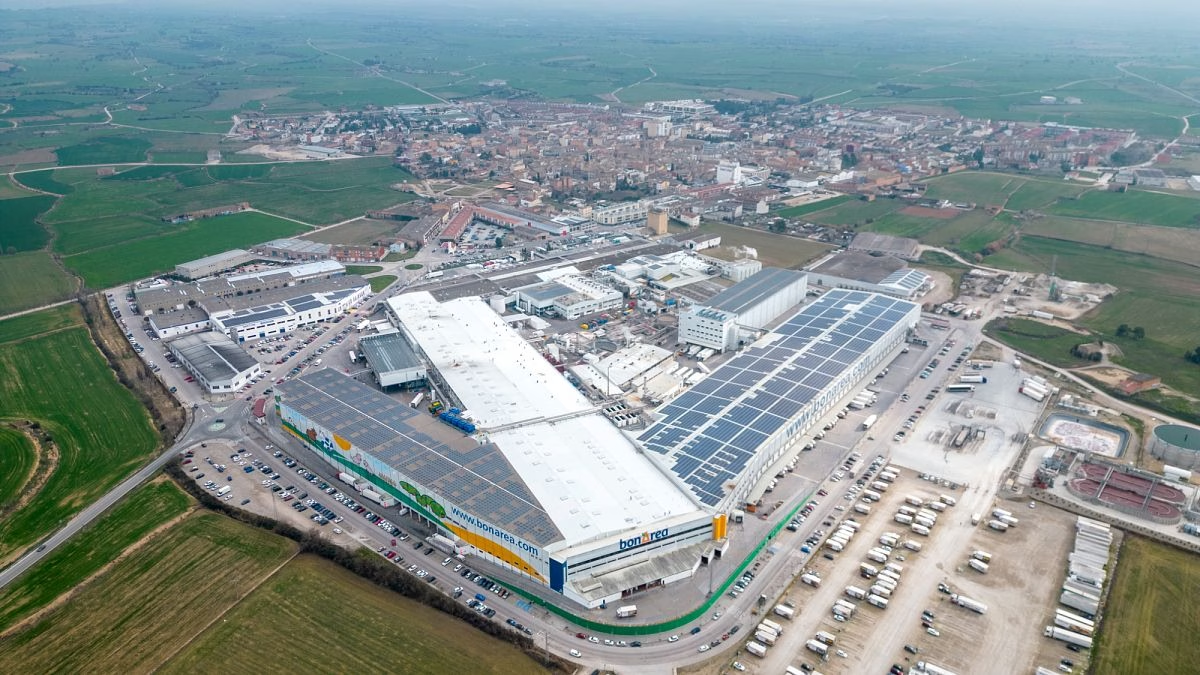Foreign workers play a pivotal role in bolstering Spain’s economy, leading to growth rates that surpass the rest of Europe and even the United States.
Inside a large production facility in Spain, a workforce representing 62 different nationalities collaborates to maintain the smooth operation of a food company, where millions of ham legs are processed on conveyor belts.
The influx of foreign labor has contributed to Spain’s economic growth of approximately 3% last year, outpacing the eurozone average of 0.8% and the U.S. growth rate of 2.8%, all while anti-immigration sentiments are on the rise in other parts of Europe and the United States.
According to the Spanish Ministry of Social Security and Migration, nearly half of all jobs created since 2022 have been filled by about half a million new foreign-born workers, constituting 13% of the country’s workforce.
Spain’s openness to foreign workers, especially from South America, has allowed the country to thrive in the service sector, particularly tourism, with economic migrants integrating quickly into the job market and social fabric thanks to a common language.
The influx of foreign workers has been responsible for almost all of Spain’s population growth since the COVID-19 pandemic, with newcomers contributing significantly to the aging country’s social security system.
Despite the rise of anti-migrant sentiment across Europe, which has fueled far-right political parties, Spain has generally welcomed legal migration, acknowledging its economic benefits.
Companies like bonÀrea actively support the integration of foreign workers by offering classes in Spanish and Catalan, assistance with work permits, and help in finding accommodation and schools.
Spanish Prime Minister Pedro Sánchez has defended legal migration, emphasizing its importance for the country’s future prosperity.
Social changes in Spain, including the need for workers due to an aging population, have opened up job opportunities for newcomers without sparking significant social unrest.
Spain is expected to require 30 million working-age immigrants over the next 30 years to maintain the balance between workers and retirees plus children.
Soon-to-be implemented policies aim to regularize the status of unauthorized migrants already in Spain, providing them with work permits and papers.
Companies like bonÀrea are prepared to offer jobs to newly regularized workers, with around 700 positions potentially available.





